i5-12400
i7-14700K
Multi-Thread Performance
Single-Thread Performance
Need For Speed: Payback
i5-12400 vs i7-14700K in Need For Speed: Payback using GTX 1650 Ti Max-Q - CPU Performance comparison at Ultra, High, Medium, and Low Quality Settings with 1080p, 1440p, Ultrawide, 4K resolutions
i5-12400
i7-14700K
Ultra Quality
| Resolution |
Frames Per Second |
| 1080p |
|
| 1080p |
|
| 1440p |
|
| 1440p |
|
| 2160p |
|
| 2160p |
|
| w1440p |
|
| w1440p |
|
High Quality
| Resolution |
Frames Per Second |
| 1080p |
|
| 1080p |
|
| 1440p |
|
| 1440p |
|
| 2160p |
|
| 2160p |
|
| w1440p |
|
| w1440p |
|
Medium Quality
| Resolution |
Frames Per Second |
| 1080p |
|
| 1080p |
|
| 1440p |
|
| 1440p |
|
| 2160p |
|
| 2160p |
|
| w1440p |
|
| w1440p |
|
Low Quality
| Resolution |
Frames Per Second |
| 1080p |
|
| 1080p |
|
| 1440p |
|
| 1440p |
|
| 2160p |
|
| 2160p |
|
| w1440p |
|
| w1440p |
|
i5-12400
- The i5-12400 is more power efficient and generates less heat.
i7-14700K
- The i7-14700K has higher Level 2 Cache. Data/instructions which have to be processed can be loaded from the fast L2 and the CPU does not have to wait for the very slow DDR RAM
- The i7-14700K has higher Level 3 Cache. This is useful when you have substantial multiprocessing workloads, many computationally intense simultaneous processes. More likely on a server, less on a personally used computer for interactive desktop workloads.
- For some games, a cpu with a higher clock speed, or in a technical name IPC (Instructions per clock), has better results than other CPU's with higher core count and lower core speed.
Compare i5-12400 vs i7-14700K specifications
i5-12400 vs i7-14700K Architecture
|
i5-12400 |
i7-14700K |
| Chipsets | Z690, H670, B660, H610 | Intel 600 Series, Intel 700 series |
| Codename | Alder Lake-S | Raptor Lake-R |
| DDR4 Speed | 3200 MT/s | 3200 MT/s |
| DDR5 Speed | 4800 MT/s | 5600 MT/s |
| ECC Memory | No | Yes |
| Generation | Core i5
(Alder Lake-S) | Core i7
(Raptor Lake Refresh) |
| Memory Support | DDR4, DDR5
Dual-channel | DDR4, DDR5 |
| PCI-Express | Gen 5, 20 Lanes
(CPU only) | Gen 5, 16 Lanes(CPU only) |
i5-12400 vs i7-14700K Cache
|
i5-12400 |
i7-14700K |
| Cache L1 | 80K (per core) | 80 KB (per core) |
| Cache L2 | 1.25MB (per core) | 2 MB (per core) |
| Cache L3 | 18MB (shared) | 33 MB (shared) |
i5-12400 vs i7-14700K Cores
i5-12400 vs i7-14700K Performance
|
i5-12400 |
i7-14700K |
| Base Clock | 100 MHz | 100 MHz |
| Frequency | 2.5 GHz | 3.4 GHz |
| Multiplier | 25.0x | 34.0x |
| Multiplier Unlocked | No | Yes |
| PL1 | 65W | 253 W |
| PL2 | 117W | 253 W |
| PL2 Tau Limit | 28 seconds | Unlimited |
| TDP | 65 W | 125 W |
| Turbo Clock | up to 4.4 GHz | up to 5.6 GHz |
i5-12400 vs i7-14700K Physical
|
i5-12400 |
i7-14700K |
| Die Size | 163 mm² | 257 mm² |
| Foundry | Intel | Intel |
| Package | FC-LGA16A | FC-LGA16A |
| Process Size | 10 nm | 10 nm |
| Socket | Intel Socket 1700 | Intel Socket 1700 |
| tJMax | 100°C | 100°C |
Compare i5-12400 vs i7-14700K in more games








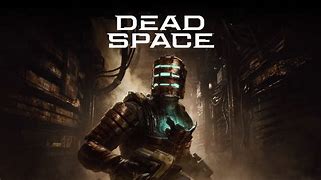











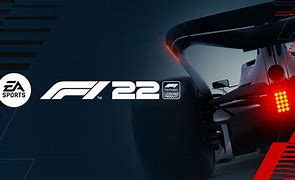

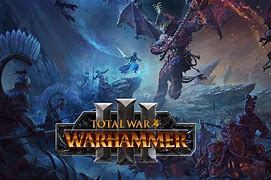

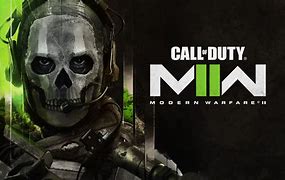




















































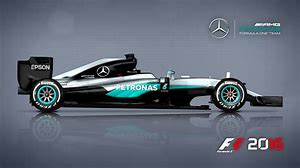
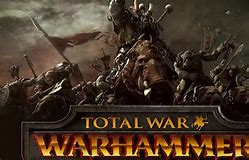






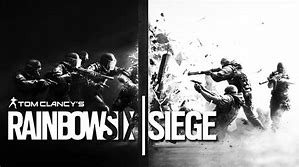



What to Consider Before Buying a Graphics Card
If you have been planning to upgrade your system by purchasing a new graphics card. Then there are some important factors to consider.
Resolution VS Quality: Impact on Game Performance
What affects game performance? Clarity or Details?
Ultra VS High Quality Settings in PC Games
Every player has a different notion about the ideal setting for PC games. But in most cases, opting for a High quality graphics configuration is the way to go.
What are CPU or GPU Bottlenecks?
Are you getting sudden frame drops? you might have a bottleneck.
What is the acceptable FPS speed for me?
For some games, you can still enjoy great garphics at lower frame rates.
GPU Hierarchy
GPU Compare
CPU Compare
Gaming Laptops
Gaming Monitors
Gaming Headsets
Discussion and Comments
Share Your Comments